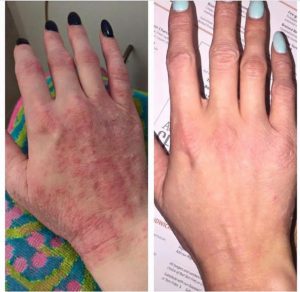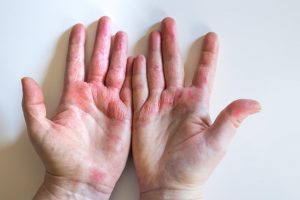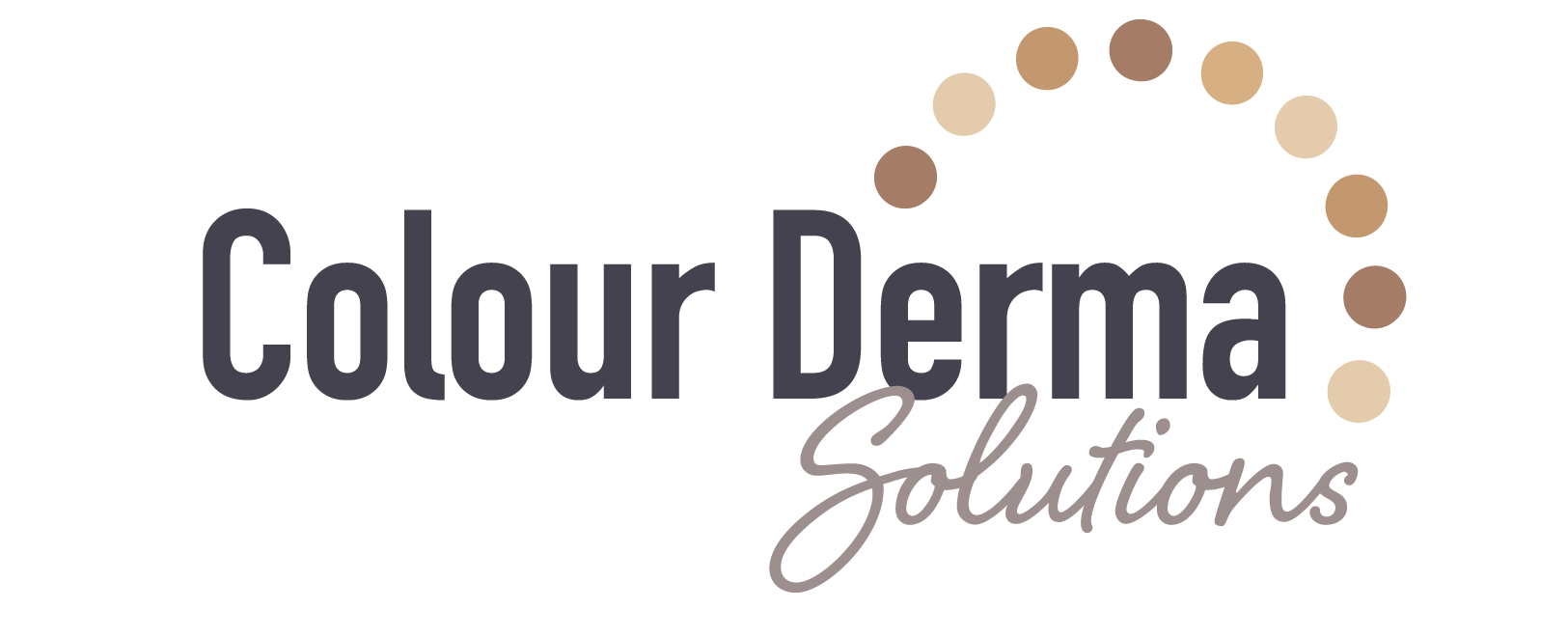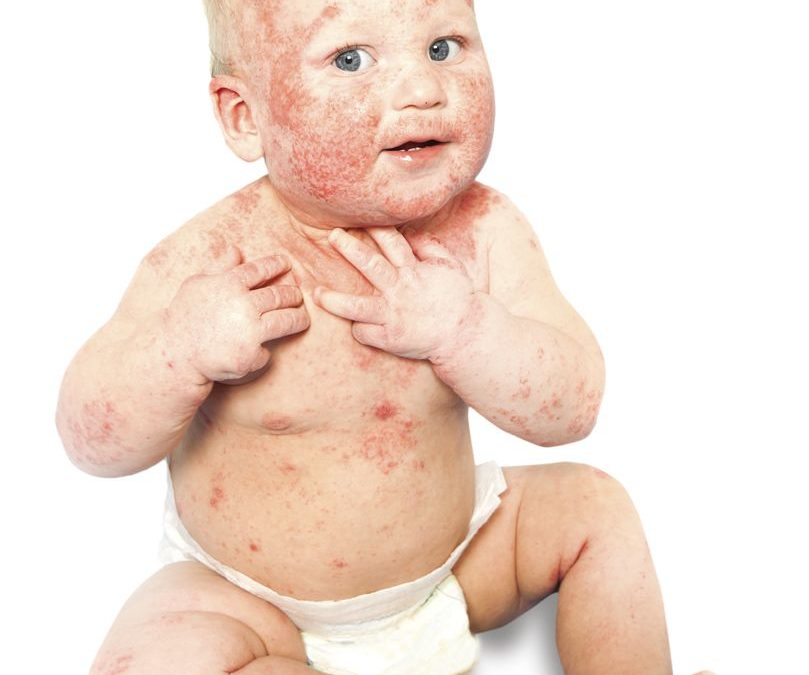What is Eczema – September 1st is National Eczema Day in Australia, and September 14th is World Atopic Eczema Day. So, we at Colour Derma are taking this opportunity to share some information about this common, yet commonly misunderstood, condition. Over one million Australians have eczema, while about 10% of adults in the US and the UK suffer from it as well.
Eczema describes a range of skin conditions that cause skin itchiness and inflammation. It is not contagious, and there are currently no cures. However, it is treatable, and, in some cases, you can prevent outbreaks. Nevertheless, eczema, in any form, can cause physical and emotional discomfort depending on its severity and how noticeable it is to others. Here we offer an overview on eczema including information from such sources as the NHS, WebMD, and the Eczema Association of Australasia.
What is eczema, and what does it look like?
Eczema can manifest in different ways, but mainly, you could have raw, sensitive patches that could become dry, thickened, and scaly. These areas could turn red, dark brown, or even purple or grey. In some cases, the affected areas could ooze or bleed, then crust over. Usually these patches will itch, which may cause you to scratch, making the symptoms worse. These areas can appear in almost any part of the body, so the discomfort may be worse where the joints bend.
Depending on the type of eczema, these symptoms come and go seemingly for no reason, while in other cases, they could get worse without treatment. However, even in its worse states, eczema is not contagious.
What are the main types of eczema?
So what is Eczema, the main types? Different causes can lead to different types of eczema. Atopic dermatitis is the most common type of eczema, and although the cause is unclear, it is believed it could be related to allergens, stress, or other triggers. However, atopic dermatitis is not an allergic reaction. Contact dermatitis is the next common type. Unlike atopic dermatitis, it is not recurring and is usually brought about as a reaction to something you came into contact with (hence the name).

Discoid or nummular eczema appears in round patches, often after a burn or a bug bite. Bad circulation can lead to statis or varicose dermatitis, and seborrheic dermatitis is what causes dandruff, although it could occur on other parts of the body which has oil glands.
For all these types, the exact cause has yet to be pinpointed. Generally, causes could include immune response issues, genetics (often a family history of eczema, asthma, or allergies), environmental factors such as pollution, underlying skin issues, or repeated actions causing sensitive skin. Brad Pitt was known for developing eczema from his makeup in The Curious Case of Benjamin Buttons. And Adele got it from constant exposure to heat while boiling baby bottles.
For the purposes of this article, we will focus on the two most common types of eczema – atopic dermatitis and contact dermatitis.
Are there any major impacts of eczema?
It is important to emphasise that eczema is not contagious. However, it can be unsightly to some and cause discomfort from itchiness, and possible infection and blistering could require additional medical attention. Proper prevention and treatment can help minimise these occurrences.
As with other skin conditions, eczema outbreaks can take an emotional and psychological toll. Noticeable patches could make you self-conscious, so if you have a chronic form of eczema, you should make sure you have the support you need. You can discuss your options with your healthcare provider. Or you can contact us about nearby support groups such as the Eczema Association of Australasia.
How do you treat eczema?
Treatments for eczema includes some simple changes in hygiene such as using hypoallergenic cleansers and regularly applying moisturisers to keep skin clean and hydrated. If you need more medicinal solutions, visit your doctor for a proper diagnosis, and you may be prescribed a topical corticosteroid for the inflammation, antihistamines for the itching, and perhaps some antibiotics if there is an infection. For cracked or extremely scaly skin, they may show you how to bandage the area to reduce inflammation and promote healing. Be sure to tell your doctor if you are taking any medications as there are cases where eczema is a side effect.

There are also certain triggers that may make bring on or worsen an outbreak. These could include potential irritants like certain fabrics, perfumes, dust, chemicals, soaps, and cigarette smoke. And although it is not an allergic reaction, allergens such as certain foods, pollen, or pet dander, as well as underlying illnesses such as a cold, could also be a trigger. Even stress or sweating could trigger an outbreak in certain people. Knowing what they are for you and avoiding them could go a long way to help treat and reduce the signs of eczema.
While you are treating your eczema, you may also want to consider camouflage makeup. It is not a treatment as such, although it can cover-up the affected area and offer a layer of protection as most camouflage makeup products are hypoallergenic. Colour Derma has a lot of experience helping people with eczema, especially those with a chronic form of the condition, conceal their outbreaks safely for a natural look.
There are other alternative therapies including herbal remedies and probiotics that may also help. Before you try anything though, you should talk to a doctor or medical professional you trust to confirm your diagnosis and discuss your treatment options.
Let Colour Derma help you cover your eczema
Julie and the Colour Derma team understand how a skin condition like eczema can impact your everyday life. We have the skill and experience to help you decide on the best camouflage makeup solution for you, from selecting the correcting shade to proper application for the accutane most natural look and maintaining your makeup and tools for the best results. Contact us today to find out how Colour Derma can help you hide your eczema so that you can face the world with confidence.


Recent Comments